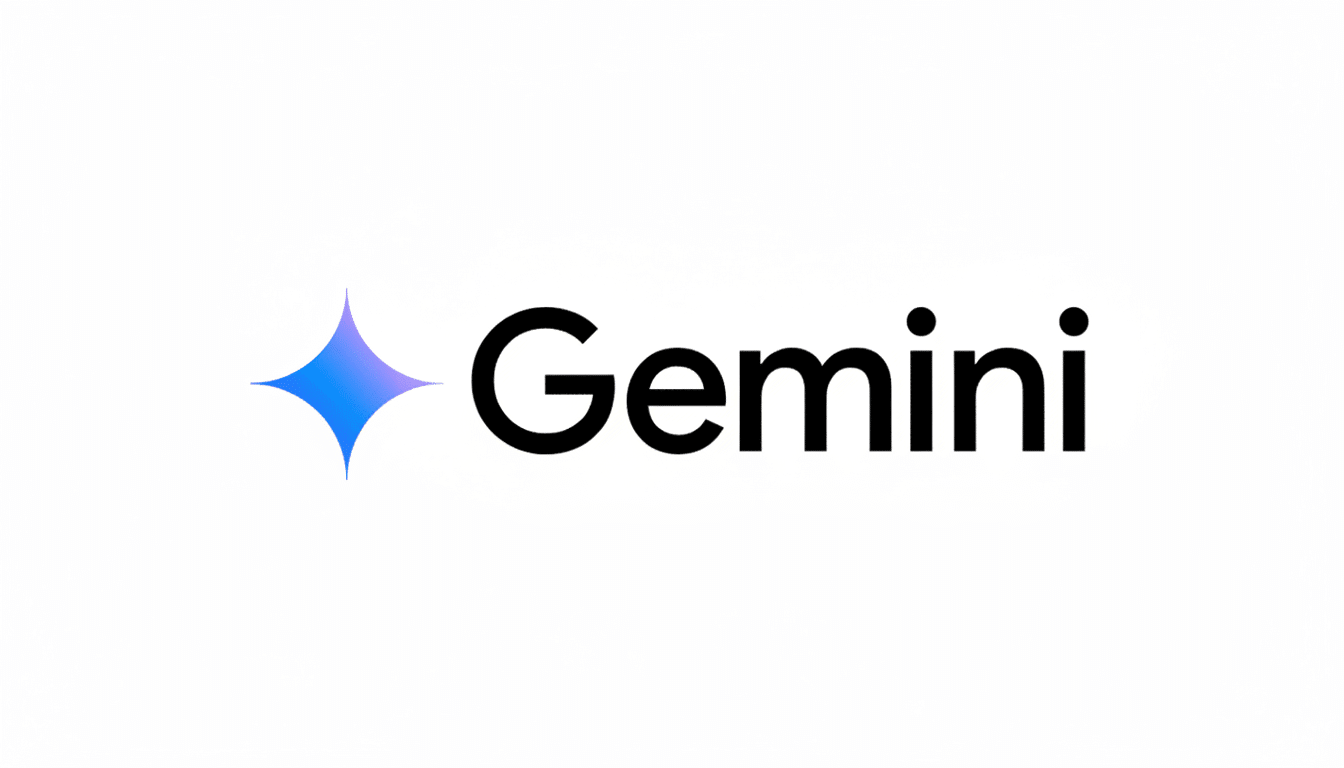A new community poll — with more than 8,500 respondents — reveals clear front-runner status for one proposal so far: the people want the Gemini to control the show on Google Home speakers and/or displays. The overwhelming majority supported the upgrade, with a tiny minority in opposition and a sizable group so long as it, you know, works.
The sentiment echoes a larger appetite for more intelligent, conversational control — and frustration with recent reliability hiccups in voice commands and routines. If Google can bring Gemini’s multimodal intelligence to the living room without compromising core features, the survey suggests many households will jump.

What users say they want from Gemini
Comments on the poll seem to center around three needs: more NLU, reliable day-to-day execution, and no regression from the current. User want to stop memorizing exact trigger phrases and instead speak naturally, stack queries, and enjoy lattency free interactions.
Imagine commands like, “Set the lights to movie mode, turn on the TV and lower the thermostat when I say ‘movie night’” — without having to build elaborate workarounds.
Voicebot Research has reported for a while that timers, music and smart home enablements are the most popular uses; the idea is that generative reasoning will lift longer, multi-step tasks onto the docket.
Timing is critical for Google Home
The challenge of smart home voice control was set largely by Google’s own Assistant, but community posts and forum threads are beginning to outline mounting friction — from misheard commands to routines that fire erratically. Gemini’s pledge is quicker, more contextual comprehension, based on tool-use over fragile pattern matching.
Industry context adds pressure. Amazon has teased a more conversational Alexa based on a large language model, and a recent Bloomberg report says Apple is ramping up investment in a smarter, on-device Siri for its own ecosystem. If Google delivers a noticeable leap in performance, in reliability, in the quality of natural language, it might reset expectations across the category.
Striking a balance between AI creativity and smart home certainty
Generative models can be amazing — and sometimes wrong. That’s a bad trade when you are disarming alarms or opening doors. The skeptics of the poll concentrate on this point: Gemini must prevent itself from straying into “hallucination” land and maintain deterministic control over life-and-death scenarios, even as it exploits the flexibility of A.I. for discussion and planning.

Google Research and DeepMind include techniques such as grounding, tool invocation, and function calling to limit models. In practice, it implies existing: clear affirmations for highly sensitive tasks, normal implementation of device commands through well-understood API controls, and ecosystem carryover that remembers one’s last command without doing so incorrectly. Users in the poll believe the change will come as an automatic update, with relatively little opportunity to opt out. The big unknown is whether old speakers and displays will be able to stand up to heavier AI workloads. Offers a hybrid inference approach with firmware features like Gemini Nano, which is already used on mobile devices, distributing storage processing effortlessly to the borders. Google has also hinted at new smart home technology that could be designed for Gemini—better far-field microphones, quicker border processing, and reduced latency awakening command. Privacy would require being a separate discussion: extra on-device inference would result in fewer audio portions being transmitted to the internet, a pattern that privacy campaigners and politicians pressure. The information communicated in the polls is uncomplicated: people cannot wait for a more intelligent assistant, but without pollution on the fundamentals. Lights, fastenings, patterns, and media instruments must be high-level. Cause natural language interaction, context recall, and wiser preparation on top of that sub-base, and Gemini will befit the house. If the transition is done wrong, users will condemn the company, not the model. However, when opponents make their AI efforts, Google could reawaken its smart home networks. The listeners have talked; engineering and commodity characteristics must follow.

